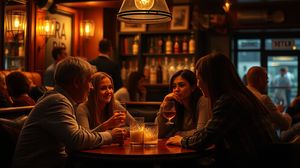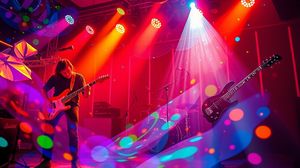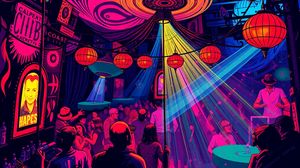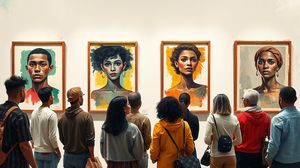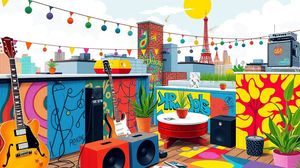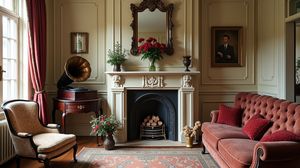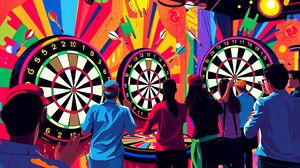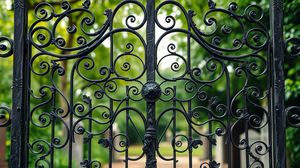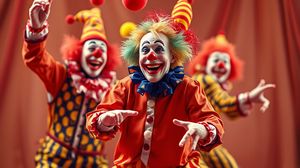
The National Centre for Circus Arts is one of the UK's leading centres for circus education, offering a wide range of courses for both beginners and professional performers. Situated in the vibrant area of Hoxton, the centre boasts a unique blend of education, training, and opportunity for discovery in the world of circus arts.
Established in 1989, the National Centre for Circus Arts has played a pivotal role in the growth and development of contemporary circus in Britain. It has contributed to the emergence of many successful circus performers and acts that are recognized globally.
One of the fascinating aspects of the centre is its Victorian-designed building, a former Shoreditch Electric Light Station, which adds an intriguing historical dimension to its modern-day activities. Its soaring ceilings and rugged charm provide the perfect backdrop for training acrobats and aerialists.
The Centre offers a bachelor's degree accredited by the University of Kent, making it a unique academic path for circus enthusiasts. This integration of higher education and performance art is rare and gives students an in-depth understanding of both the creative and technical sides of circus performance.
Visitors might be surprised to learn that the National Centre for Circus Arts not only trains individuals but also provides community classes and youth programs, allowing people of various ages and skills to engage with the art form. This inclusivity is at the heart of its mission to make circus arts accessible to all.
The Centre frequently hosts public performances and showcases, offering a rare opportunity for the public to witness emerging talents and innovative circus acts right in the heart of London. These events are not just limited to seasoned performers, as students frequently present their work-in-progress, adding an element of raw creativity to the performances.
For those intrigued by the whimsicality and physical feats of the circus, the National Centre for Circus Arts is a quintessential visit, providing an insight into an art form that continuously evolves and captivates audiences with its blend of tradition and modernity.

Making the Most of Your Visit:
If you're not scared of heights, definitely try to catch a glimpse of a trapeze or aerial class. Even if you're just watching, it's mesmerizing to see participants swinging and flipping overhead. And if you're up for it, public taster sessions sometimes let you have a go!
The building itself is a piece of history, so take a moment to appreciate the architecture. Originally a Shoreditch Electric Light Station, the historical charm enhances the experience. Look out for the impressive Victorian design details that contrast with the modern circus atmosphere.
Check out their schedule for student showcases. These performances are often raw and bursting with creativity, providing a unique and candid insight into the world of circus training. It's wonderful to see upcoming talent in such an intimate setting.
If you have kids, consider enrolling them in a youth class or workshop. It's a fantastic way for them to burn off energy while learning cool new skills. Plus, they might end up with a lifelong love for something unusual and creative.
After your visit, wander around Hoxton. The area is buzzing with creative vibes, street art, and quirky cafes, which makes for a great after-circus stroll. It's part of what makes a trip to the National Centre for Circus Arts quite a day out!

Visiting Times & Costs:
Yes, the National Centre for Circus Arts is open to the public, particularly for those interested in attending performances, enrolling in courses, or participating in public taster sessions. However, it's important to note that access to certain parts of the facility might be limited depending on scheduled activities and availability.
Opening Hours: The opening hours can vary depending on the events and classes scheduled, so it is advisable to check in advance for specific visit times, especially during performances or open days.
Entrance Fees:
- The cost of attending specific events or classes can vary. Some public performances may have an entrance fee, while others might be free. Similarly, classes and workshops generally have fees, though public taster sessions may sometimes be offered at no cost or at a reduced rate.
Accessibility: The Centre strives to be as accessible as possible. It is housed in a historic building, but there are provisions in place to accommodate visitors with disabilities. It's recommended to contact the Centre in advance to discuss any specific accessibility needs and ensure the best possible visit experience.

Address & Map:

Nearby:
